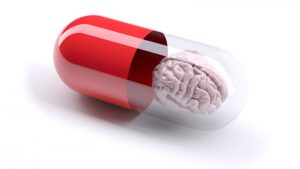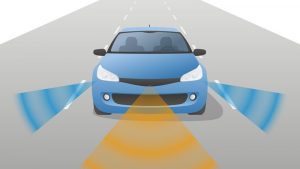Honesty and trust are the keys to mobilizing smart cities, according to chief technology officers (CTOs) from around the country.
UPS is testing the use of drones for urgent deliveries, such as medicine to remote locations.
Smart cities are getting a bit brighter with Verizon’s recent acquisition of Sensity Systems, an Internet of Things startup that provides smart LED lights for streets, airports, malls, and more.
As the Internet of Things becomes increasingly prevalent, the government will play an important role in enabling and regulating how the industry will develop, according to panelists at a National Telecommunications and Information Administration workshop. They listed a number of areas in which that advice can take shape.
Delta Air Lines is investing $50 million to end lost or delayed luggage with a global RFID, or radio-frequency identification, tracking system. Essentially, the RFID tag will attach to the bag the same as current luggage tags, but instead of telling airlines where to send the bag if lost, it’ll work to prevent the bag from ever being misplaced. Delta plans to have the system online in 344 airports this fall.
With the implementation of a robust Geographic Information Services (GIS) to provide mapping and analysis services, the city continues to further “smart city” and IoT initiatives across the nation.
The National Institutes of Health announced the winners of the Design by Biomedical Undergraduate Teams Challenge, which included designs for smart pills and disposable sepsis detection chips.
Finland is rolling into the future of mass transit with the first driverless bus. One of the world’s first autonomous bus pilot programs has already begun in the Hernesaari district in Helsinki, and will run through mid-September.
The Internet of Things will soon transform the way transportation and infrastructure operate in the United States, according to witnesses at the Senate Subcommittee on Surface Transportation and Merchant Marine Infrastructure, Safety, and Security hearing.












